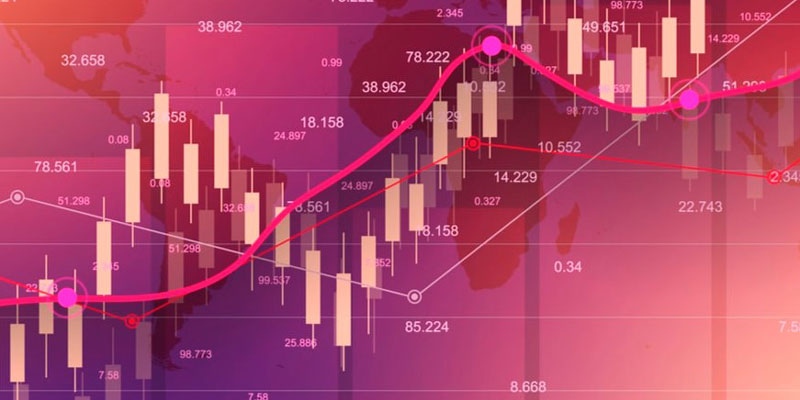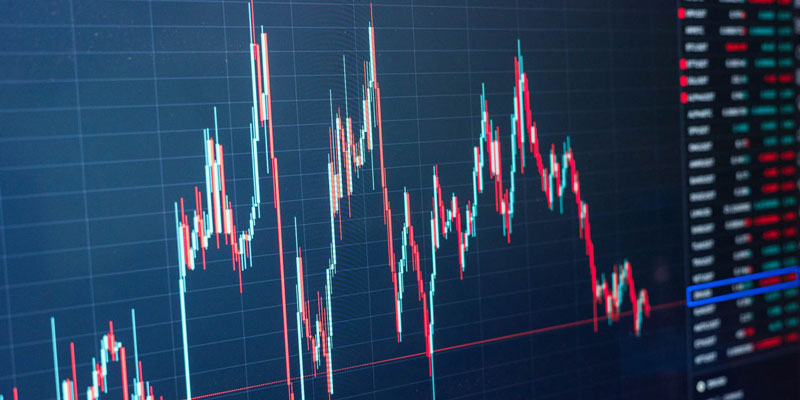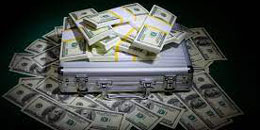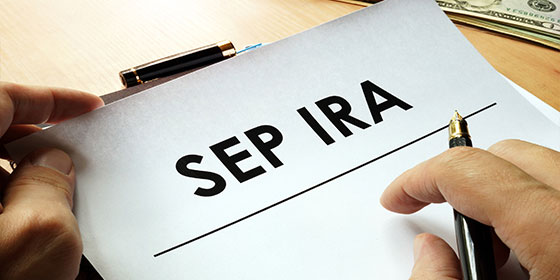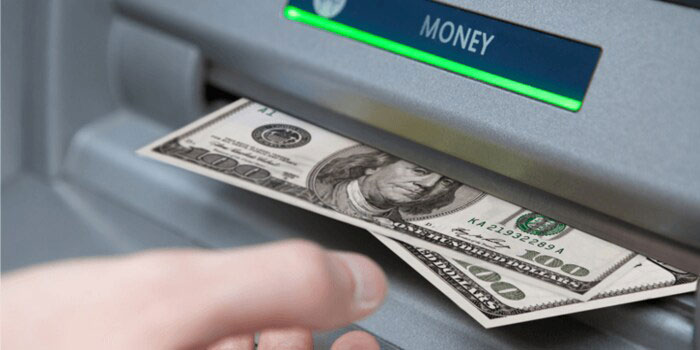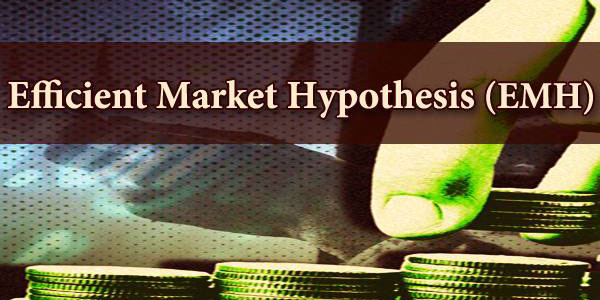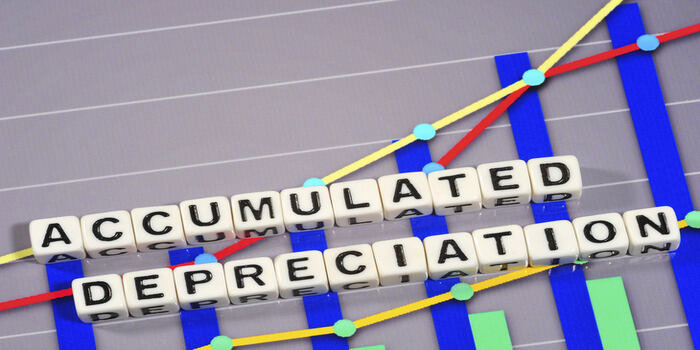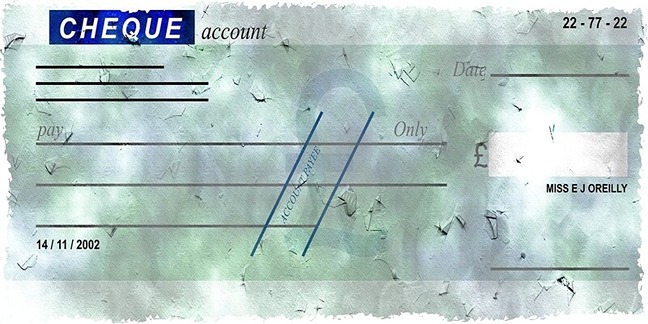If there isn't enough money in your checking account to pay all of your purchases, your account will be marked as nonsufficient funds. The NSF fee is the amount assessed when a check is submitted but cannot be paid because there are insufficient funds in the account.
When customers seek to withdraw more money from their bank account than is now available, a "nonsufficient funds" or "insufficient funds" message will be displayed. A "bounced" payment cannot be processed for one reason. When a bank receives an NSF check, the bank has the right to withhold payment and add an NSF fee to the account holder's balance. It's also possible that the store will tack on a fee or penalty for the check's return.
Nonsufficient Funds Fees: An Explanation
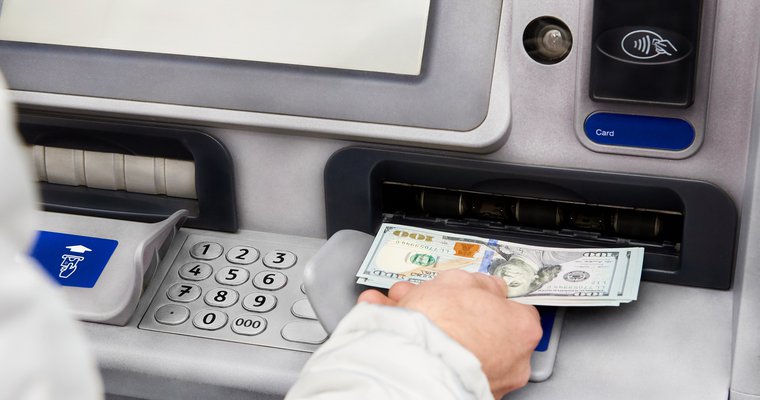
When a presented check is returned, or payment cannot be made owing to insufficient funds, the presenting bank may assess a nonsufficient funds fee. The Consumer Financial Protection Bureau reports that in 2022, the average NSF fee was $34. When a payee deposits a check, the money should be available in their account within two business days.
An NSF fee is charged if insufficient funds are found in the payee's bank account. Clients have numerous methods to avoid low money fees while banking with their preferred financial institution.
Customers who do not want their banks to pay overdraft fees can either not overspend their accounts or links at least one backup account, such as a savings account or credit card, to finance the inadequate account.
Fees for Nonsufficient Funds vs. Overdraft Charges
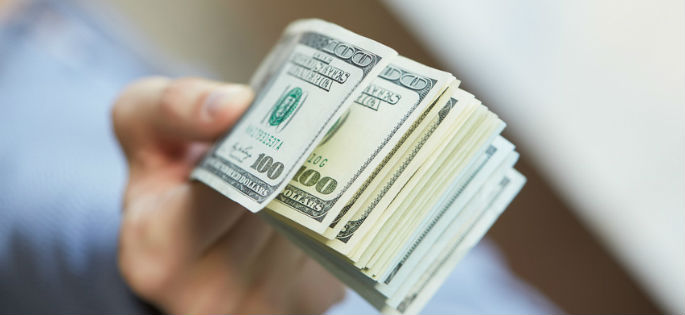
Overdrafts and insufficient money are two separate types of banking interactions. Both overdrafts and inadequate money might result in monetary penalties. Checks that overdraw checking accounts result in either NSF fees or overdraft fees. If consumers have $120 in their checking account, they can pay for a transaction by ACH or electronic check. An NSF charge is assessed when a check is returned unpaid by the bank.
There will be a $20 overdraft fee if the bank cashes the check and pays the vendor. Clients of financial institutions can frequently apply for overdraft insurance. To illustrate, if a consumer only has $20 in their checking account and tries to make a $40 purchase using a debit or check card, and they have not enrolled in their bank's overdraft protection, the shop will reject the transaction.
Preventing Nonsufficient Funds Charges
- Set aside enough money each month for payments.
- Never pay more than what is available in your checking account by accidentally overwriting a check or making a payment.
- Keep an eye on your money by keeping track of your account balance, debit card purchases, and recurring payments.
- Connect several accounts, such as a checking and a savings account, to ensure that funds would be sent automatically in the event of a deficit.
Overdraft lines of credit are available from many banks and may be used to tide you over until your next paycheck arrives. To be approved for an overdraft line of credit, a client must fill out a credit application, which considers the customer's credit history and credit score.
NSF Fees Are Being Criticized
Financial service users are monitored and safeguarded by the Consumer Financial Protection Bureau. New rules passed in 2010 that allowed consumers to opt into overdraft insurance through their banks regulated overdraft fees and nonsufficient funds fees. Since many banks have botched their charge practices, consumers must have more safeguards.
Financial institutions have reordered transactions to maximize overdraft fees, debiting customers' accounts from most significant to most minor. Bank of America paid $410 million to end a class action lawsuit that had been going on for two years over the bank's practice of rearranging client transactions and incurring overdraft fees. In 2010, TD Bank settled a class action lawsuit for nearly $62 million due to the improper handling of fees. 3
For customers who had their accounts debited for permitted customer payments when funds were available, only to have the debits resolved once the accounts went into an inadequate state and began collecting penalties, the Bank of Hawaii established a settlement fund for $8 million in 2020. Unpaid overdraft fees were agreed to be waived by the bank. 4
The Verdict
Although inconvenient, non-sufficient-funds fines are a regular consequence of banking mistakes. NSF fees are lawful despite growing scrutiny and litigation, and the CFPB is doing its part to safeguard customers by keeping an eye on them. Customers who keep an eye on their account balances or who have overdraft protection might avoid incurring fines.
